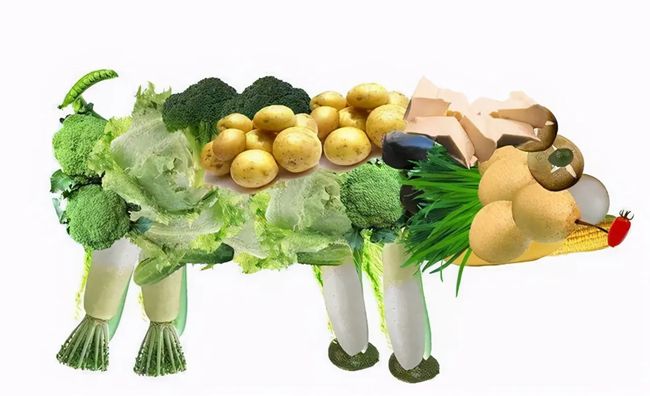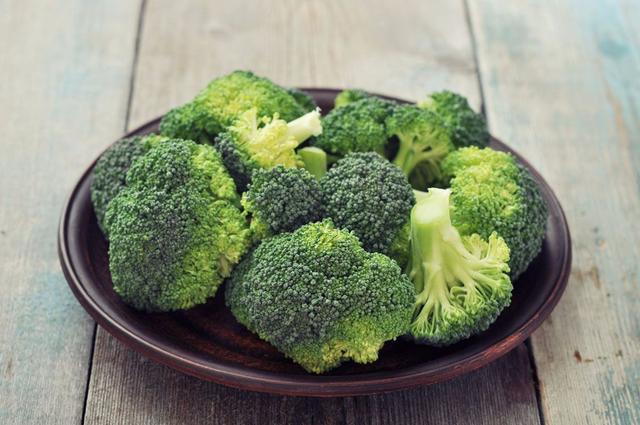According to a report on the website of Spanish newspaper El Economist on May 19, the food crisis threatens the world again. Some 20 countries are currently banning the export of certain foods to prevent shortages, putting major importers in a very delicate position. The latest to join the list is India, which has banned the sale of wheat abroad. India said it could not guarantee domestic supplies and halted exports. Countries such as Nepal, Bangladesh and Sri Lanka fear the situation could hurt their own supplies.
Also in Asia, Indonesia has banned the export of palm oil. Iran has imposed an export ban on potatoes, eggplant, tomatoes and Onions until 2023. Turkey also imposed export bans on beef, lamb and various oil products. Kuwait also banned the export of chicken, grain and oil. So has Kazakhstan, which has banned the sale of wheat and flour abroad only until June 15.
In Africa, Tunisia decided to ban the export of fruit, while Egypt decided to ban the export of maize and oil. Algeria has also imposed export bans on sugar, macaroni, wheat and vegetable oil.
In the Americas, the Argentine government has banned exports of soybean oil and flour.

But it is Europe where the closure of the world's granaries and the crisis in food supplies are getting the most attention. Both Russia and Ukraine have decided to restrict exports. Ukraine restricted exports of wheat, oats and sugar, while Russia restricted exports of sunflower oil and flour. But the real fear of famine is in the Balkans. Serbia has imposed export bans on wheat, corn, flour and oil; To these products, Kosovo added salt, lentils, macaroni, beans, barley and rye to the export ban list.
This situation was caused by multiple crises happening at the same time. On the one hand, there is a climate emergency: drier than usual weather is expected to hurt east Asia's wheat harvest, according to the US Department of Agriculture. And India, the world's second-largest wheat producer, is facing a record extreme heat wave that could damage next year's harvest. In addition, Kenya's maize harvest has collapsed. In Ethiopia, civil war has brought the entire northern part of the country to the brink of famine.
To make matters worse, Russia has invaded Ukraine: the country has been unable to export its grain harvest because of the Russian naval blockade of Odessa and the Russian invasion of Mariupol. Russian President Vladimir Putin has demanded that western economic sanctions be lifted in return for allowing grain shipments to sail. The effects of the war will be a serious impediment to food harvests in the coming years. According to the UN's Food and Agriculture Organisation, the 36 countries currently in crisis depend on Russia and Ukraine for more than 10 per cent of their supplies, led by Egypt and Libya.

On top of that, fuel prices have been rising for months. As a result, the price of fertiliser produced from natural gas has increased exponentially, leading some countries to reduce the use of fertiliser, which in turn has affected production activities.
According to FAO, 193 million people worldwide were severely food insecure in 2021, almost double the number in 2018.

